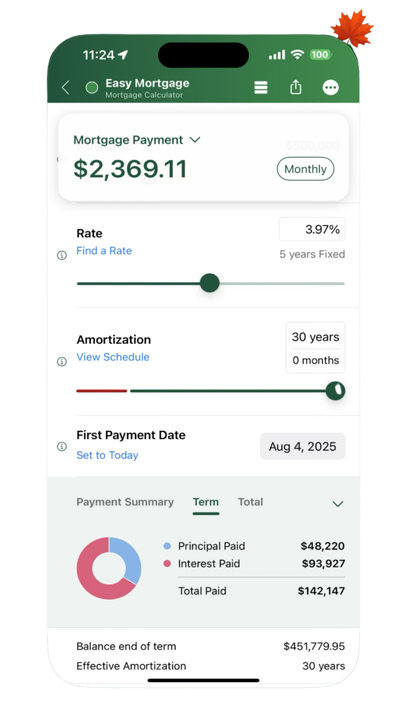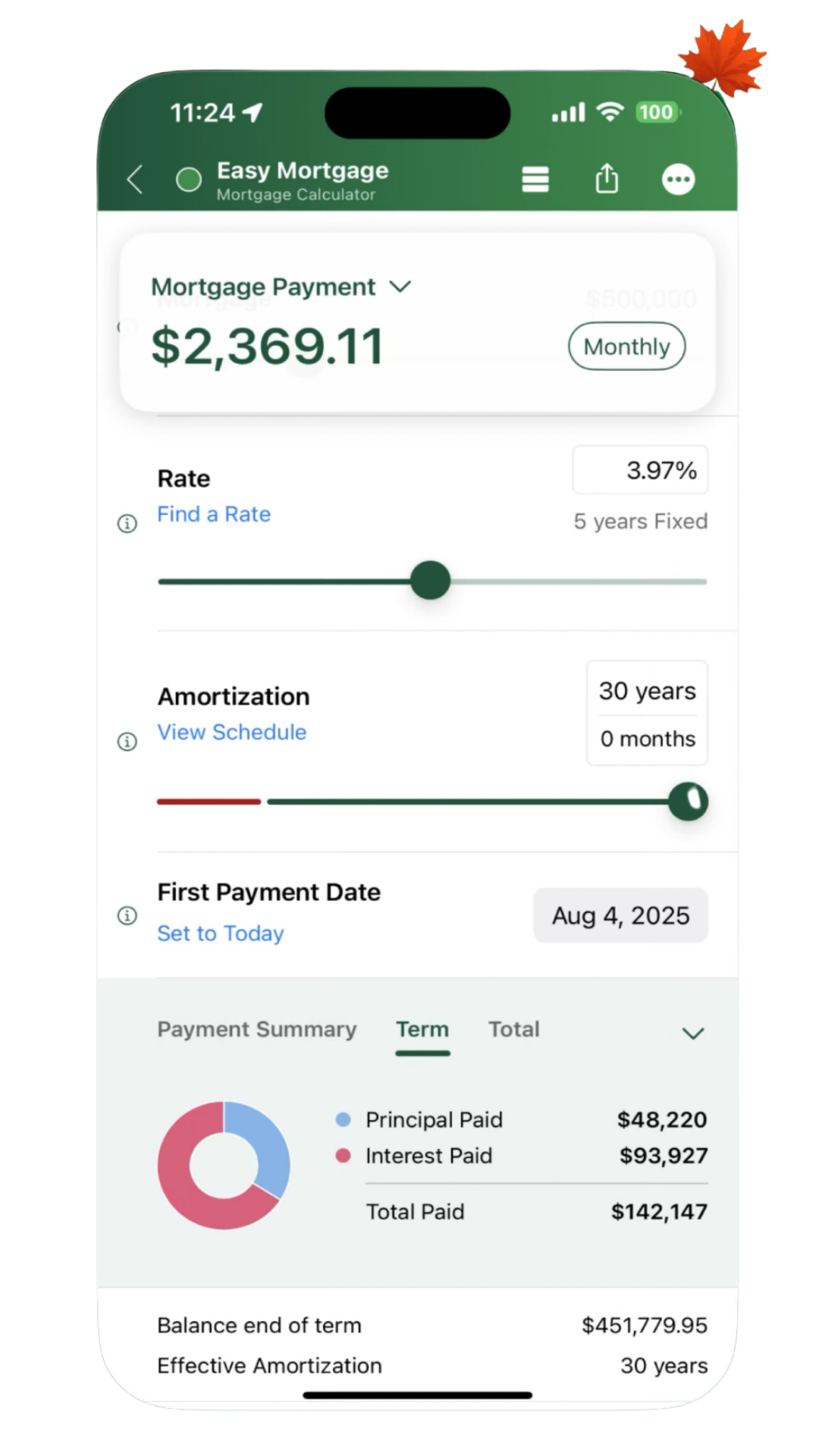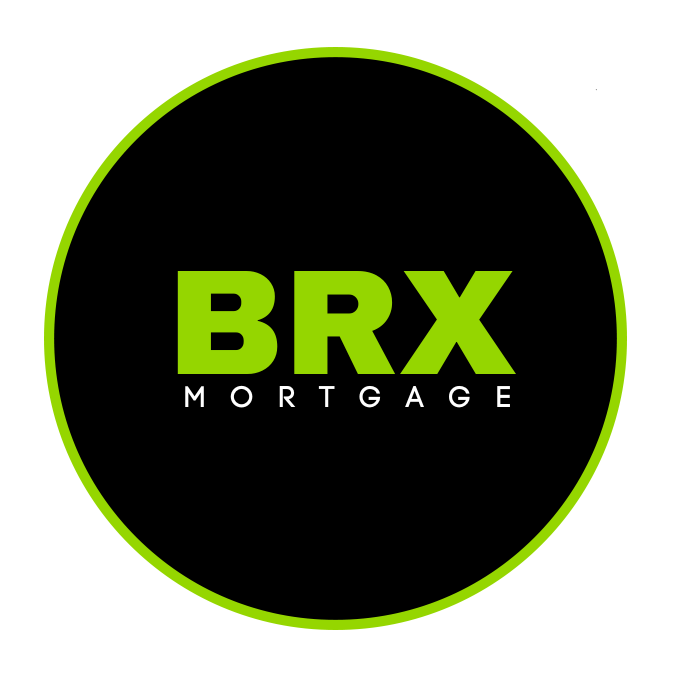Dan Caird
Mortgage Agent, Level 2
Sound mortgage advice and fantastic mortgage rates, simply guaranteed. Let me guide you through the mortgage process.
Mortgage financing can be frustrating, it doesn't have to be when you follow my simple 3 step plan.
Get started right away
The best place to start is to connect with me directly. The mortgage process is personal. My commitment is to listen to all your needs, assess your financial situation, and provide you with a clear plan forward.
Get a clear plan
Sorting through all the different mortgage lenders, rates, terms, and features can be overwhelming. Let me cut through the noise, I'll outline the best mortgage products available, with your needs in mind.
Let me handle the details
When it comes time to arrange your mortgage, I have the experience to bring it together. I'll make sure you know exactly where you stand at all times. No surprises. I've got you covered.
I'm happy to provide you with a wide range of Commercial Mortgage financing options.
For Multi family residential, construction financing, owner occupied and investment commercial property lending solutions, I've got you covered.
Working with clients all throughout the GTA and Durham Region, I have access to world class products and some of the most competitive mortgage rates across Canada! Let me help take the stress out of homeownership.
Answers to your questions are just a phone call or email away!
MEMBER OF THE CANADIAN MORTGAGE BROKERS ASSOCIATION.
CMBA provides Canada’s provincial mortgage broker associations with a forum to work cooperatively, better share resources, programs, and information and coordinate engagement of provincial association members to identify trends and develop solutions to common industry and regulatory issues.
I have developed excellent relationships with lenders across
the country, when you work with me, you have choices.
Mortgage Articles














